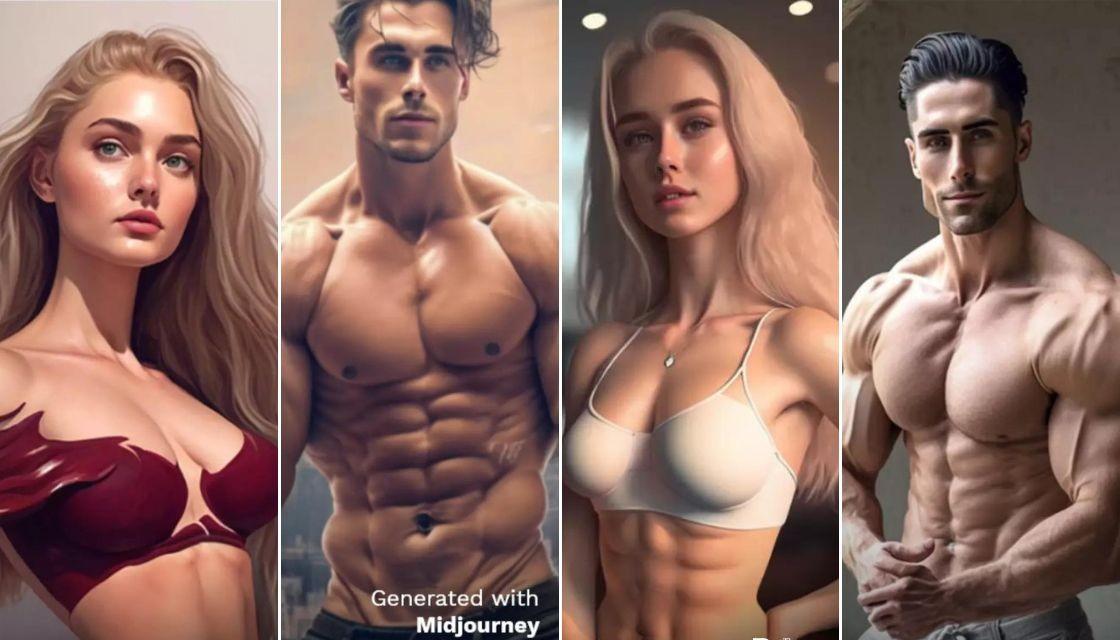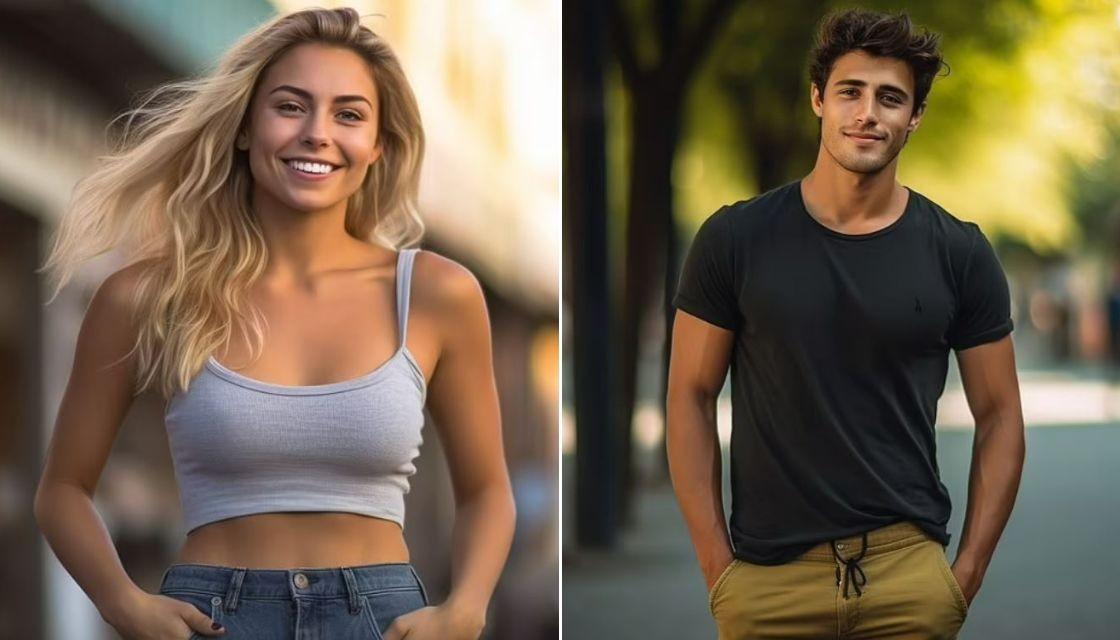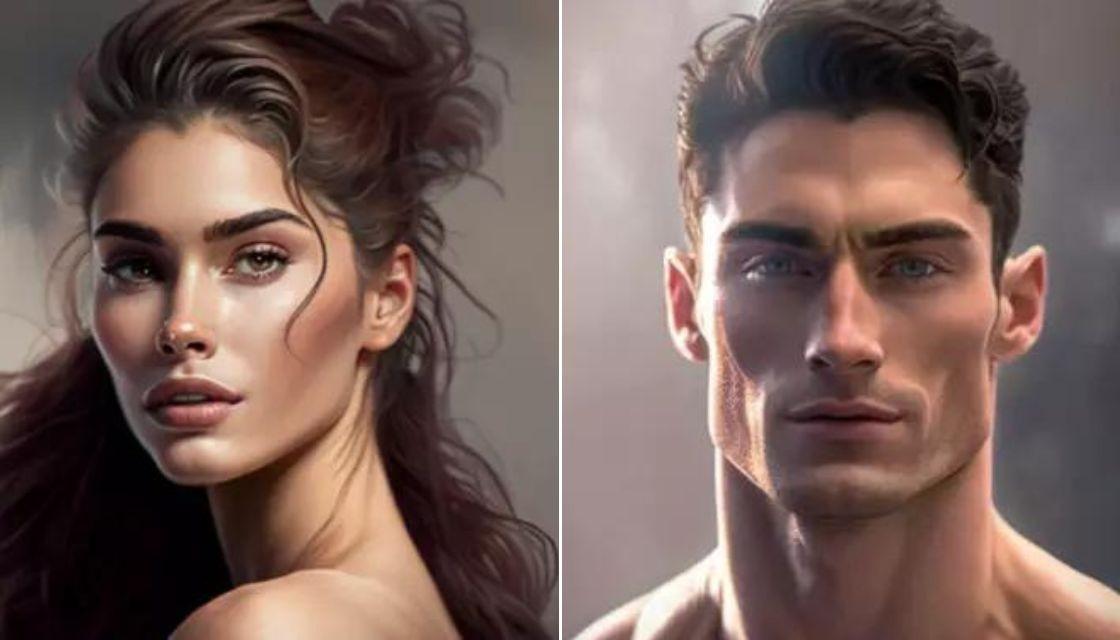
Artificial intelligence has produced a series of images depicting what it considers to be 'perfect' men and women, with the results fuelling concern among social media watchdogs about the impact of unrealistic beauty standards.
The Bulimia Project, an eating disorder awareness group, asked several AI image generators - including Dall-E 2, Stable Diffusion and Midjourney - to produce its interpretations of 'perfect' male and female bodies. The AI tools worked by scouring the internet for billions of existing images that depict conventionally 'beautiful' people, analysing them, and designing a new image based on those results.

The process also utilised engagement analytics and data - such as likes, comments and searches - to determine what appearances attract the most engagement on social media.
The Bulimia Project, who monitored the findings, has since warned that the results and depictions of stereotypically attractive body types are "largely unrealistic".
According to the results, the tropes 'gentlemen prefer blondes' and 'tall, dark and handsome' both ring true, with the researchers finding desirable women mostly had blonde hair, olive skin, brown eyes and slim figures, while desirable men typically had chiselled cheekbones, strong jawlines, defined muscles and dark hair and eyes.

Nearly 40 percent of the 'perfect' women depicted in the images were blonde, 30 percent had brown eyes, and 53 percent had olive skin. Almost 70 percent of the AI-generated 'perfect' men had brown hair and 23 percent had brown eyes. Similar to the women, the majority of the men - 63 percent - had tanned, olive skin and nearly half had facial hair. Meanwhile, images of the 'ideal' male body featured muscular builds, similar to those of bodybuilders, with bulging muscles and six-pack abs.
The people generated also sported features that were almost too perfect to be realistic, such as plump lips; smooth, unblemished and unwrinkled complexions without a single pore; and pert, 'ski-slope' noses: features many people go under the knife to achieve or imitate with dermal fillers.

Most of the results produced by AI appeared to adhere to outdated, highly conventional standards of beauty that favour Caucasian and olive skin tones, slim but muscular physiques and blonde or brown hair.
The images generated by AI overwhelmingly featured white people, with only a few examples depicting people of colour - suggesting the tools had a number of inherent biases.

"In the age of Instagram and Snapchat filters, no one can reasonably achieve the physical standards set by social media," The Bulimia Project's report concluded.
"So, why try to meet unrealistic ideals? It's both mentally and physically healthier to keep body image expectations squarely in the realm of reality."
James Campigotto, a data journalist in Florida who worked on the study, told Fox News the aim of the research was to explore the power of social media and the dangers of AI, including its inherent biases.
"Considering that social media uses algorithms based on which content gets the most lingering eyes, it's easy to guess why AI's renderings would come out more sexualised," the report said.
"But we can only assume that the reason AI came up with so many oddly shaped versions of the physiques it found on social media is that these platforms promote unrealistic body types, to begin with."

